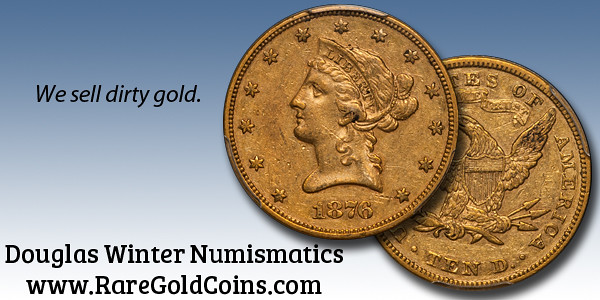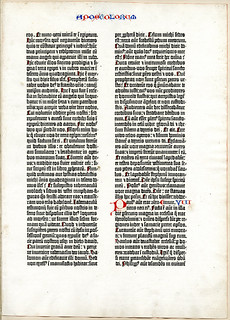
PREV ARTICLE
NEXT ARTICLE
FULL ISSUE
PREV FULL ISSUE
BOOKSELLERS ADAPT TO THE 21ST CENTURYIn the but-we-already-knew-that-department is this New York Times article forwarded by Gary Beals on how the "dusty old book trade is evolving. Gradually." -Editor
Dealers and auctioneers tend to refer to books instead as “stores of value,” reflecting a generally static price structure and customer base, which doesn’t excite alternative investors. As result, the rare book trade depends on knowledgeable collectors and institutions — and fellow dealers — to drive sales. And there were sales at the A.B.A. fair, such as when Aquila Books of Calgary in Canada sold an 1871 first edition of Charles Darwin’s “The Descent of Man,” in which the author used the word “evolution” for the first time. Mr. Attenborough bought it, for £4,000. Aquila, which specializes in exploration and evolution, made about £30,000 of sales at the A.B.A. fair, according to its founder, Cameron Treleaven. “I’m happy with that,” said Mr. Treleaven, who explained that fairs accounted about 40 percent of his annual sales, with another 35 percent generated through online trading. “The arrival of the internet was the defining moment of my career,” added Mr. Treleaven. “It allowed us to find clients we never knew existed.” Bernard Quaritch, for instance, took a rare single leaf from Gutenberg’s epoch-making 1450 Bible to the A.B.A.A. fair in New York and the A.B.A. one in London, priced at £100,000. It didn’t manage to sell at these fairs, but it is out there on the company’s Instagram account. As of Thursday the post had attracted 98 likes. The dusty old book trade is evolving. Gradually. To read the complete article, see:  Wayne Homren, Editor The Numismatic Bibliomania Society is a non-profit organization promoting numismatic literature. See our web site at coinbooks.org. To submit items for publication in The E-Sylum, write to the Editor at this address: whomren@gmail.com To subscribe go to: https://my.binhost.com/lists/listinfo/esylum All Rights Reserved. NBS Home Page Contact the NBS webmaster 
|
